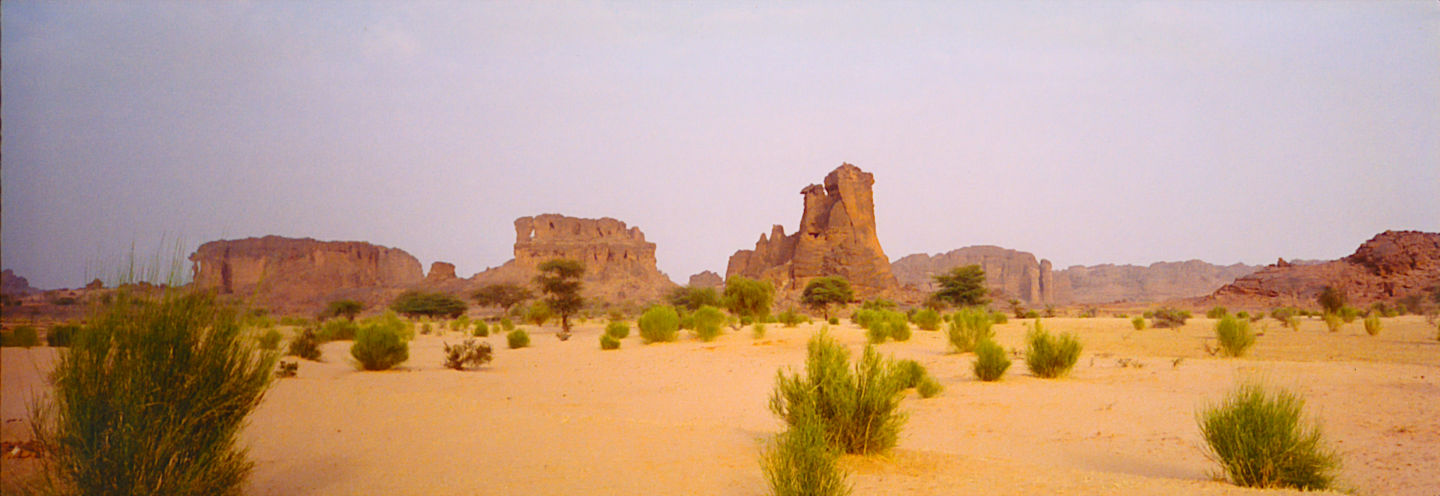Twenty years ago, I was in the middle of my two-year service as a Peace Corps Volunteer in Mauritania. I felt as if I’d been through the ringer. The heat. The isolation. The food. The Giardia. The kids. September 11. Afghanistan. But things were on an upward trend, and I was looking forward to my second year. I had left my first town, Tintane, for the relative cosmopolitan allure of the regional capital, Aioun. That meant having other Peace Corps Volunteers nearby and an internet cafe. It meant more dependable water and even a restaurant or two. It meant a handful of French and German expats to hang out with. And it meant a better school (in some ways) and more understanding school administrators.
My assignment was to teach English to high-school students, and my primary qualification for the job was being a native speaker. We were trained, to be clear, but it was not and could not have been enough to prepare us for the task. In Tintane, I taught three classes of very likable kids who seemed to believe—rightly so, I think—that learning English wasn’t going to do much for them. And they acted accordingly. It was complete mayhem at times: Everyone out of their seats running around and making jokes. Rampant cheating on quizzes. Days when no one showed up. I taught a few kids a few things, and I know they appreciated it, but on the whole . . . I suppose I helped them meet their graduation requirements and exposed them, positively one hopes, to a foreigner.

My second year teaching started in late October, when the annual rains were all but done and the “cool” season was around the corner. My journal reminds me:
22 Oct 02Classes started yesterday, and so far it’s been a nice, gradual beginning. I’ve got nine teaching hours a week among three classes—5AC, 4AC, and 5A[illegible: B?]. No one was there for my class yesterday and today I just did some introduction before letting them go. The 5emes are apparently in their fourth year of English. That was a surprise. It’ll be a different challenge, but I think it will be nice to teach more advanced stuff and maybe even have discussions and possibly implement some of those grandiose things we were trained for.
[…]
People here [in Aioun] are, for the most part, kind and sympathetic, and my counterparts are much more motivated here than in Tintane. The director, B_____, and other teachers all seem happy to have me here. “I like Aioun,” I said. “Aioun likes you, too.”
Other journal entries are less kind. Life is always full of ups and downs, but no other period of my life has been as replete with them as my 24 months in Mauritania. My outlook would change drastically hour to hour, often reaching depths of lonelieness and frustration that I hope never to face again. But October 22, 2002, was a good day, with the blazing heat behind me and a sense of optimism building for the months ahead.

